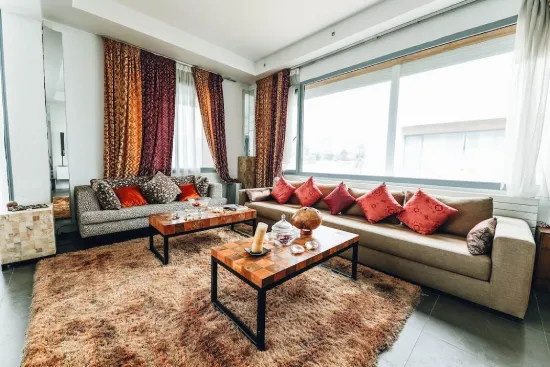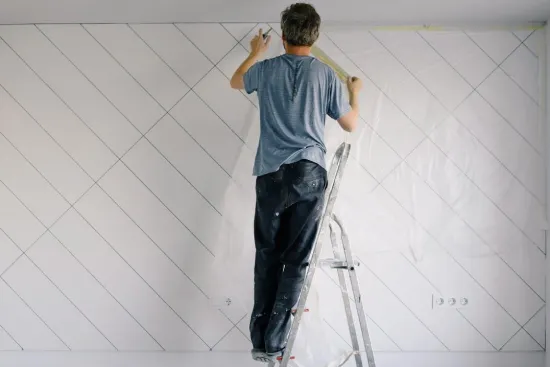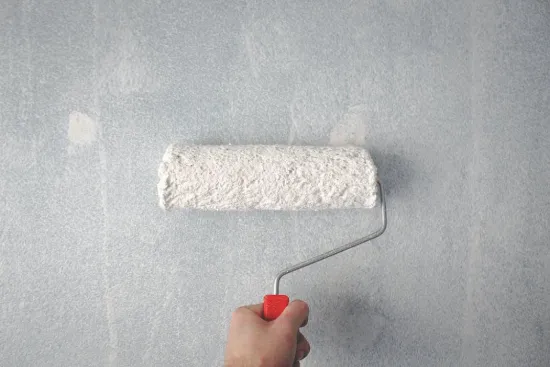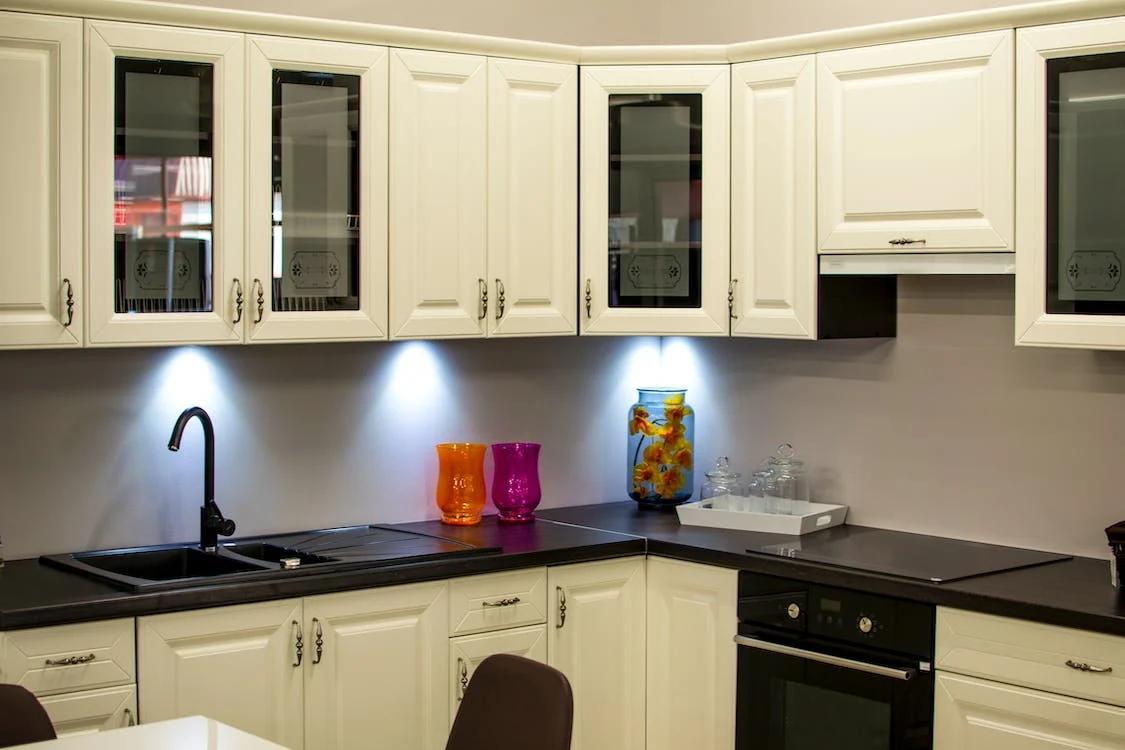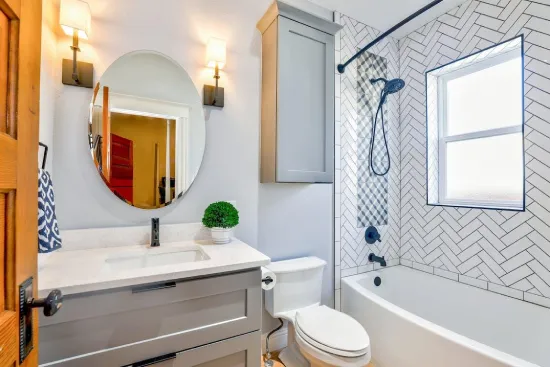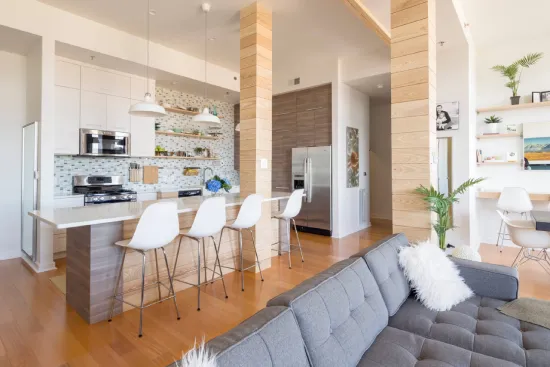1. Scope Of Renovations and Alteration Agreement
Understanding the rules of your co-op, drafting your alteration application accordingly, and adhering to the scope of renovations defined and permitted by the co-op board are the basic requirements for renovation approval from the co-op board. Not fulfilling the alteration agreement requirements can get your request rejected.
Some alteration agreements are quite comprehensive and may specifically state which documents are required for approval and what renovations can be done. In co-ops with bare minimum or obsolete alteration agreements, the co-op board may deliberate over your application and the scope of the proposed renovations, which may make it difficult for you to identify the reason for rejection.
2. Improper Application
Another reason your renovation request might get rejected is if the board deems your application improper. You may not have conveyed the right plans or conveyed them through the right channels. Your request may be missing information on how your renovations would impact the building, the schedule of your renovations, contractor information, etc.
If they have to decipher your applications to know exactly what renovations you are planning and how it might impact the unit and the building as a whole, they might simply reject it for the lack of clarity, which may delay your renovations.
3. Impact On Other Residents Of The Building
If your renovation process or the renovations themselves have the potential to disturb the other residents of the building too much, the board might reject your request.
If you are planning a renovation at an odd time (after working hours) because you want to supervise the process yourself, it might be rejected.
Similarly, installations like a sound system or stone flooring that makes more sound/noise for the apartment underneath might be rejected.
4. Type of Renovation
There are several types of renovations that might be rejected because it conflicts with the overall aesthetics of the building that the co-op board is committed to maintaining. That includes changes that impact a building’s facade, like windows that are different from all the others in the building or installations that may require you to punch through the outer walls.
Similarly, changes to the layout of the co-op, even if it adheres to the dry over dry/wet over wet rule. Installation of washers/dryers might be rejected if the plumbing is not equipped to handle it. Changing gas lines or electrical loads that may require changing the wiring throughout the co-op may be rejected.
Installation requests for things like steam showers or jacuzzis that may have the potential to cause seepage may be denied.
5. Contractors
Co-ops don’t just require you to only work with licensed contractors. They may also have a minimum insurance requirement. If the contractor you bring in doesn’t comply with these requirements, the board may reject the renovation requests.
You might be able to increase your chances more by working with contractors that have already worked in the building and have been accepted by the co-op board. It can also increase the chances of a successful job within budget.





